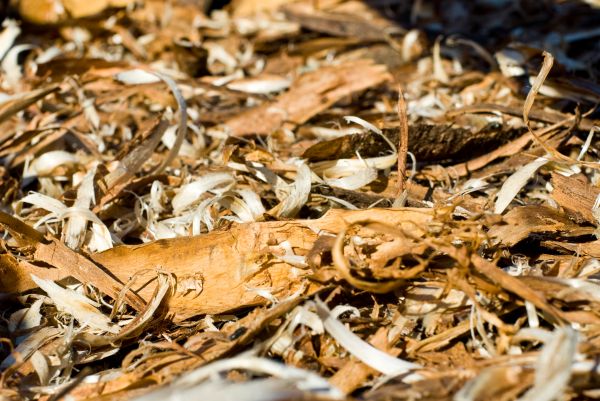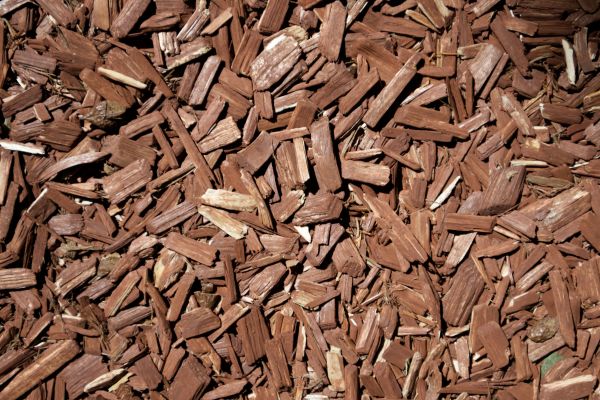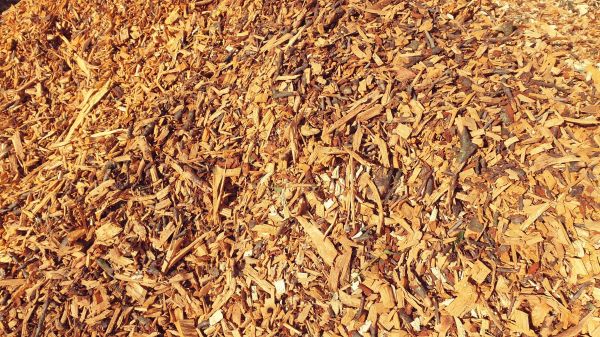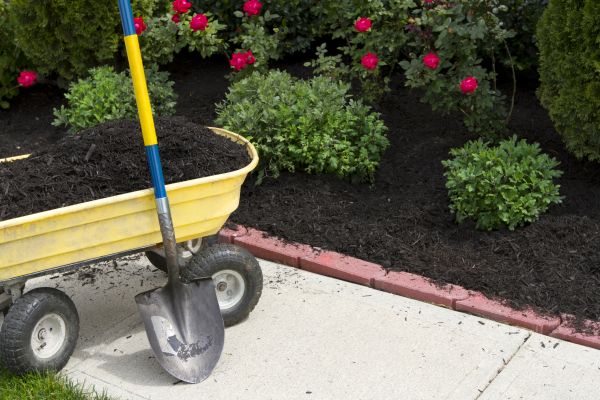Wood Chips Spreading Service
Affordable Wood Chips Spreading
Wood chips spreading is a landscaping practice that involves distributing wood chips over the soil surface. This method is widely used for its numerous benefits in garden and landscape maintenance. Wood chips are an organic material that can enhance the aesthetic appeal of an area while simultaneously providing functional advantages. The process of spreading wood chips is essential for improving soil health, conserving moisture, and suppressing weed growth. It is a sustainable practice that contributes to the overall health and vitality of plants and the surrounding ecosystem.
Benefits of Wood Chips Spreading
-
Moisture Retention
Wood chips act as a natural barrier that helps retain moisture in the soil. By reducing evaporation, they ensure that plants receive a consistent supply of water, which is particularly beneficial during dry spells. This moisture retention capability can lead to healthier plant growth and reduced need for frequent watering. -
Weed Suppression
One of the most significant advantages of using wood chips is their ability to suppress weeds. By covering the soil, wood chips block sunlight, which inhibits weed germination and growth. This natural weed control method reduces the need for chemical herbicides, making it an environmentally friendly option. -
Soil Temperature Regulation
Wood chips help in moderating soil temperatures by providing insulation. During hot weather, they keep the soil cooler, while in colder conditions, they help retain heat. This temperature regulation creates a more stable environment for plant roots, promoting healthier growth. -
Nutrient Addition
As wood chips decompose, they add organic matter and nutrients to the soil. This decomposition process enriches the soil with essential nutrients, improving its fertility and structure. Over time, this can lead to better plant health and increased productivity.
FAQs About Wood Chips Spreading
What types of wood chips are best for spreading?
Different types of wood chips can be used, such as hardwood, softwood, or bark chips. The choice depends on the specific needs of your garden or landscape. Hardwood chips tend to last longer, while softwood chips decompose faster, adding nutrients more quickly.
How often should wood chips be replaced?
The frequency of replacement depends on the type of wood chips and environmental conditions. Generally, wood chips should be replenished every one to two years to maintain their effectiveness.
Can wood chips attract pests?
While wood chips can attract some insects, they are generally not a significant problem. Proper maintenance and ensuring the chips are not placed directly against plant stems can minimize pest issues.
Do wood chips affect soil pH?
Wood chips can slightly lower soil pH as they decompose, but this change is usually minimal. Regular soil testing can help monitor and manage soil pH levels effectively.
Fill out the contact form to request Wood Chips Spreading today and experience the benefits of professional Wood Chips Spreading, including improved soil health, moisture retention, and weed suppression.




